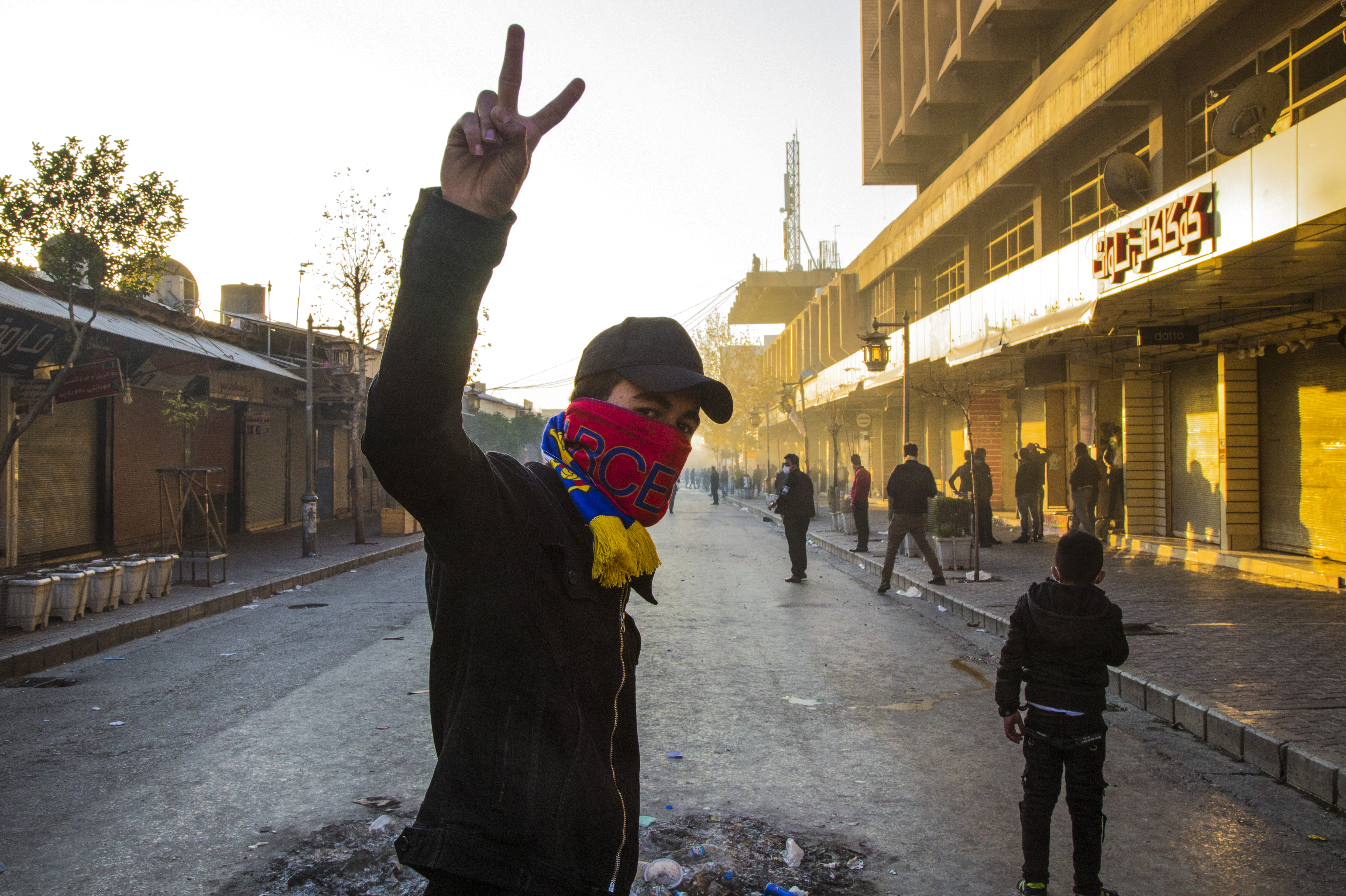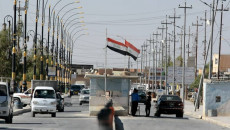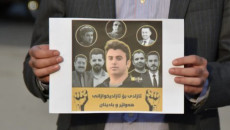Unlawful and extrajudicial arbitrary killings; forced disappearances; torture and cases of cruel, inhuman, and degrading treatment or punishment;harsh and life-threatening prison and detention center conditions; arbitrary arrest and detention were among the significant human rights abuses documented in a report by US department of state about human rights practices in Iraq in 2020.
The report released on June 2021 by bureau of democracy of US Department of State reports serious restrictions on free expression, the press, and the internet, including violence against journalists, threats of violence, unjustified arrests and prosecutions against journalists, censorship, site blocking, and substantial interference with the rights of peaceful assembly.
The report accuses members of the security forces of committing numerous documented abuses.
However, “Iraq’s regular armed forces and domestic law enforcement bodies struggled to maintain order within the country, the Popular Mobilization Committee, a state-sponsored umbrella military organization composed of approximately 60 militia groups, also known as Popular Mobilization Forces; such units operated throughout the country, often outside government control and in opposition to government policies.”
Popular Mobilization Forces; such units operated throughout the country, often outside government control and in opposition to government policies
All Popular Mobilization units officially report to the chairman of the Popular Mobilization Committee and are under the ultimate authority of the prime minister, but several units were, in practice, also responsive to Iran and its Islamic Revolutionary Guard Corps,” it adds.
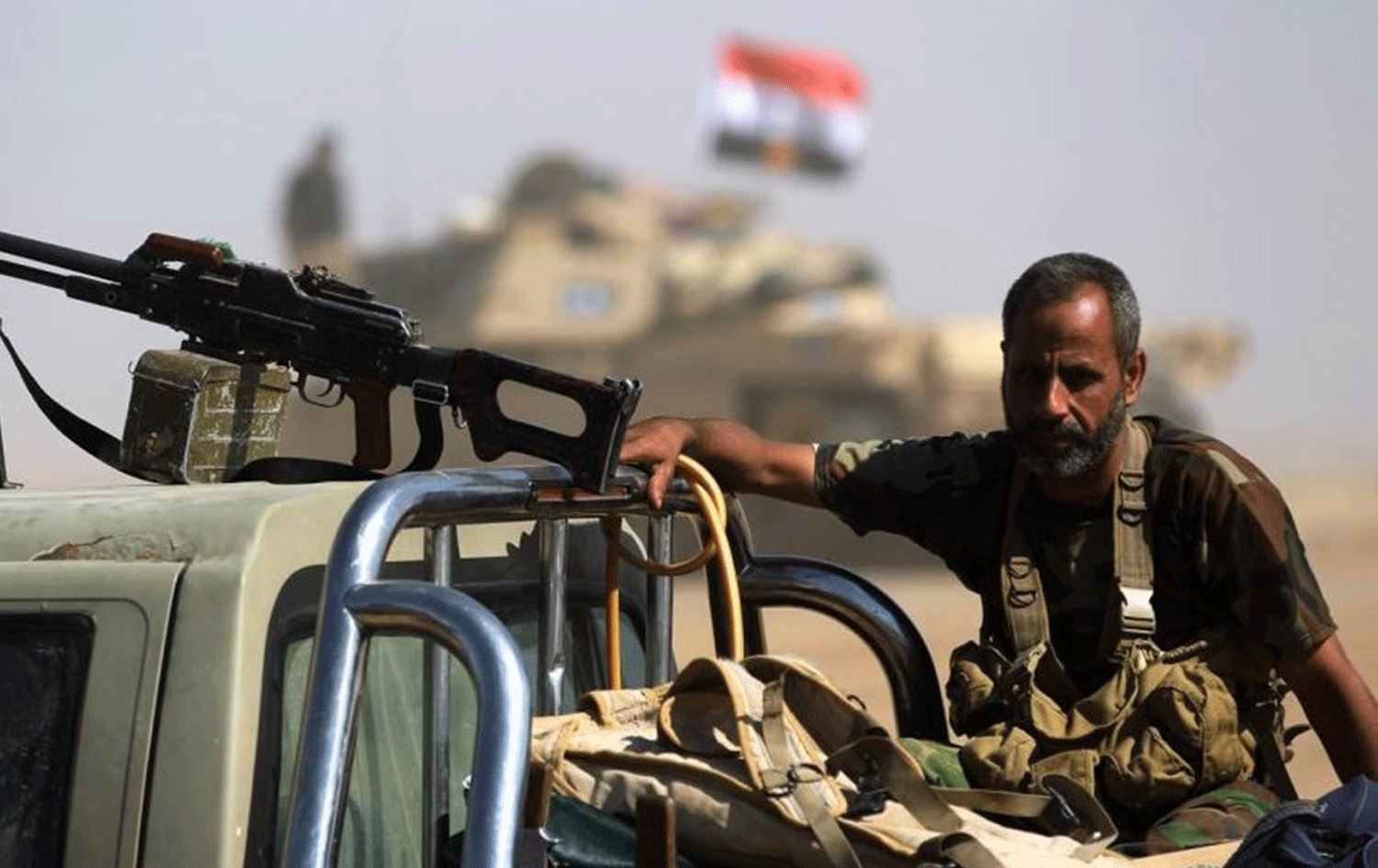
A militant of PMF in the fight against Daesh. PMF Media
The PMF were formed per a Fatwa by the GrandAyatollah Ali Sistani following the escalating threats by the so-called Islamic State in Iraq and Syria ISIS.
Regarding the Kurdistan region in Iraq KRI, the report says the two main Kurdish political parties, the Kurdistan Democratic Party KDP and the Patriotic Union of Kurdistan PUK, “each maintain an independent security apparatus: separately control additional Peshmerga (Kurdish fighter) military units, as well as separate police forces under nominal Kurdish Ministry of Interior control, also each maintain Asayish (Security) forces and separate intelligence services.”
“Poorly defined administrative boundaries and disputed territories between the Iraqi Kurdistan Region and the central government led to confusion over the jurisdiction of security forces and the courts. Members of the security forces committed numerous documented abuses,” the report states concerning the situation in the disputed territories.
The disputed territories run from Shingal on the Syrian border southeast to Khanaqin and Mandali on the Iranian border. Kurds controlled Kirkuk and most of the disputed territories from 2003 up to October 2017, when Iraqi forces took control of it following declaration of victory over ISIS.
The report highlights the security situation in the disputed territories including Shingal, home to hundred thousand of the Ezidi ethno-religious minority.
“Local authorities in Sinjar, Ninewa Province, reported that approximately 70 Ezidis were confined in secret Kurdistan Workers’ Party (PKK) prisons. Local authorities alleged that since July 2019 PKK fighters had abducted more than 400 Ezidi women residents whose fates remained unclear. Kurdistan Regional Government (KRG) security forces did not have direct access to Sinjar and were unable definitively to verify reports. In July the PKK kidnapped two citizens in Duhok Province. The fate of the two abductees remained unknown," said the report published in English, Arabic and Kurdish.
The report adds that "Impunity effectively existed for government officials and security force personnel, including the Iraqi Security Forces, Federal Police, Popular Mobilization Forces, and certain units of Kurdistan Regional Government Asayish internal security services."
In a part of the report about the conditions in prisons and detention centers, the report quotes The Independent Human Rights Commission Kurdistan Region (IHRCKR) reported the Erbil Correctional Center, built to house 900 detainees, held 1,957 inmates. The situation is worse in Baghdad controlled prisons and detention centers.
A section about arbitrary arrest says KRG security forces detained at least 50 protesters, activists, and journalists in late August in the towns of Zakho and Duhok. Many observers called the detentions arbitrary, either because persons were detained for exercising their right to peaceful assembly, or because authorities ignored their right under law to be brought before a judge within 24 hours.
KRG security forces detained at least 50 protesters, activists, and journalists in late August in the towns of Zakho and Duhok
Human rights organizations reported that government forces, including the ISF (including the Federal Police), NSS, PMF, Peshmerga, and Asayish, frequently ignored the law. There were numerous reports of arbitrary arrest or unlawful detention by government forces, including the ISF (including the Federal Police), NSS, PMF, Peshmerga, and Asayish.
In May, Amnesty International reported that armed members of the KRG’s Asayish entered the home of teacher and activist Badal Abdulbaqi Abu Bakr Barwari in the town of Duhok and arrested him without a warrant. Bakr was later charged with “misuse of electronic devices” for his role in organizing peaceful protests through social media platforms, the report quotes. Barware is still detained in Erbil and has not been sent to trial.
In the disputed territories, there were reports of Iran-aligned PMF groups also arbitrarily or unlawfully detaining Kurds, Turkmen, Christians, and other minorities in western Ninewa and the Ninewa Plain.
"There were numerous reports of 30th and 50th PMF Brigades involvement in extortion, illegal arrests, kidnappings, and detention of individuals without warrants. Leaders of the 30th PMF Brigade allegedly forced families of the detainees to pay large sums of money in exchange for the release of their relatives."
In July credible law-enforcement information indicated that the 30th PMF Brigade operated secret prisons in several locations in Ninewa Province, which housed 1,000 detainees arrested on sectarian-based, false pretenses.
In Mosul, activists claimed that various PMF militia confiscated more than 5,000 private and public properties by manipulating property registration to replace the owner of record, many of whom fled the area during ISIS occupation.
In Mosul, activists claimed that various PMF militia confiscated more than 5,000 private and public properties
Despite its territorial defeat in 2017, ISIS remained a major perpetrator of abuses and atrocities.
“Despite a reduction in numbers, ISIS continued to commit serious abuses and atrocities, including killings through suicide bombings and improvised explosive devices.”
Regarding violations against minorities, The KRG Office for Rescuing Kidnapped Ezidis on September 2 stated that 2,880 (1,304 females and 1,576 males) of the 6,417 Ezidis kidnapped by ISIS in 2014 remained missing. The report indicated ISIS attacks on Ezidi communities had resulted in 310,000 Ezidi IDPs, forced more than 100,000 to flee Iraq, and left 2,745 children as orphans.
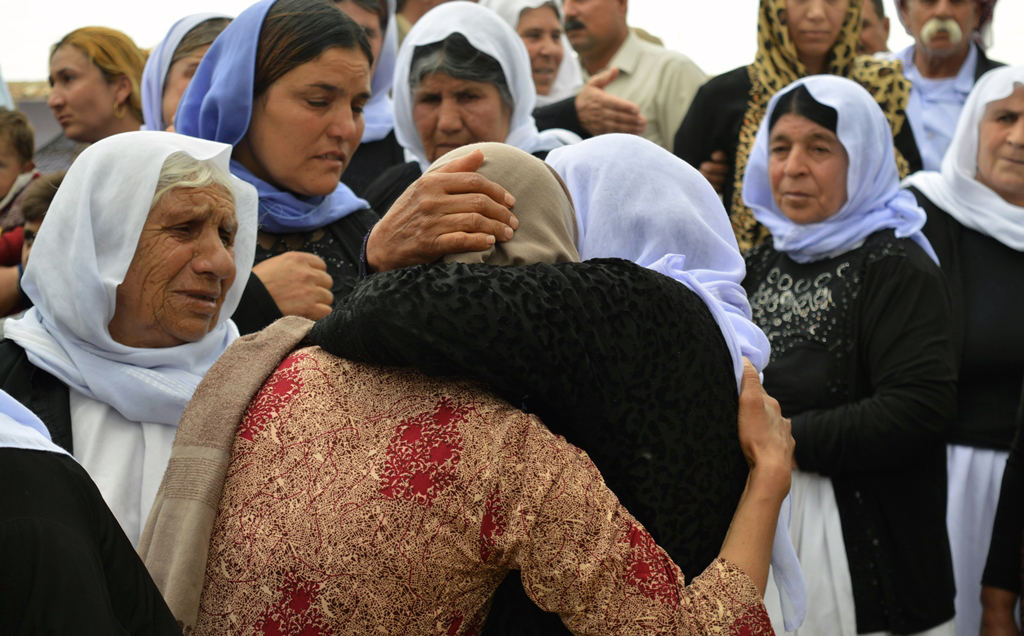
Duhok 2019- An Ezidi girl enslaved by Daesh united with her family living under tent in an IDP camp in Duhok. KirkuNow
A Shabak member of parliament reported that "233 Shabak men, women and children had been kidnapped by ISIS and their whereabouts remained unknown."
"Ali Hussein, of Iraqi Turkmen Front, reported approximately 1,200 Turkmen had been kidnapped, including 446 women. Hussein estimated that 800 of the 1,200 were killed, while the rest remained missing," the report adds.
Regarding the Christians, "The KRG Ministry of Endowments and Religious Affairs estimated the total number of Christians killed by ISIS at 303, with another 150 missing. According to the KRG Ministry of Peshmerga, more than 45 Peshmerga taken prisoner during the fighting with ISIS remained missing."
The report documented censorship of the media in Iraq including Kurdistan region as well.
Despite the constitutional protection for freedom of expression, "central government and KRG oversight and censorship sometimes interfered with media operations, at times resulting in the closure of media outlets, restrictions on reporting, denying access to public information, and interference with internet service."
Below is the link for the full report:
https://www.state.gov/reports/2020-country-reports-on-human-rights-practices/iraq/

